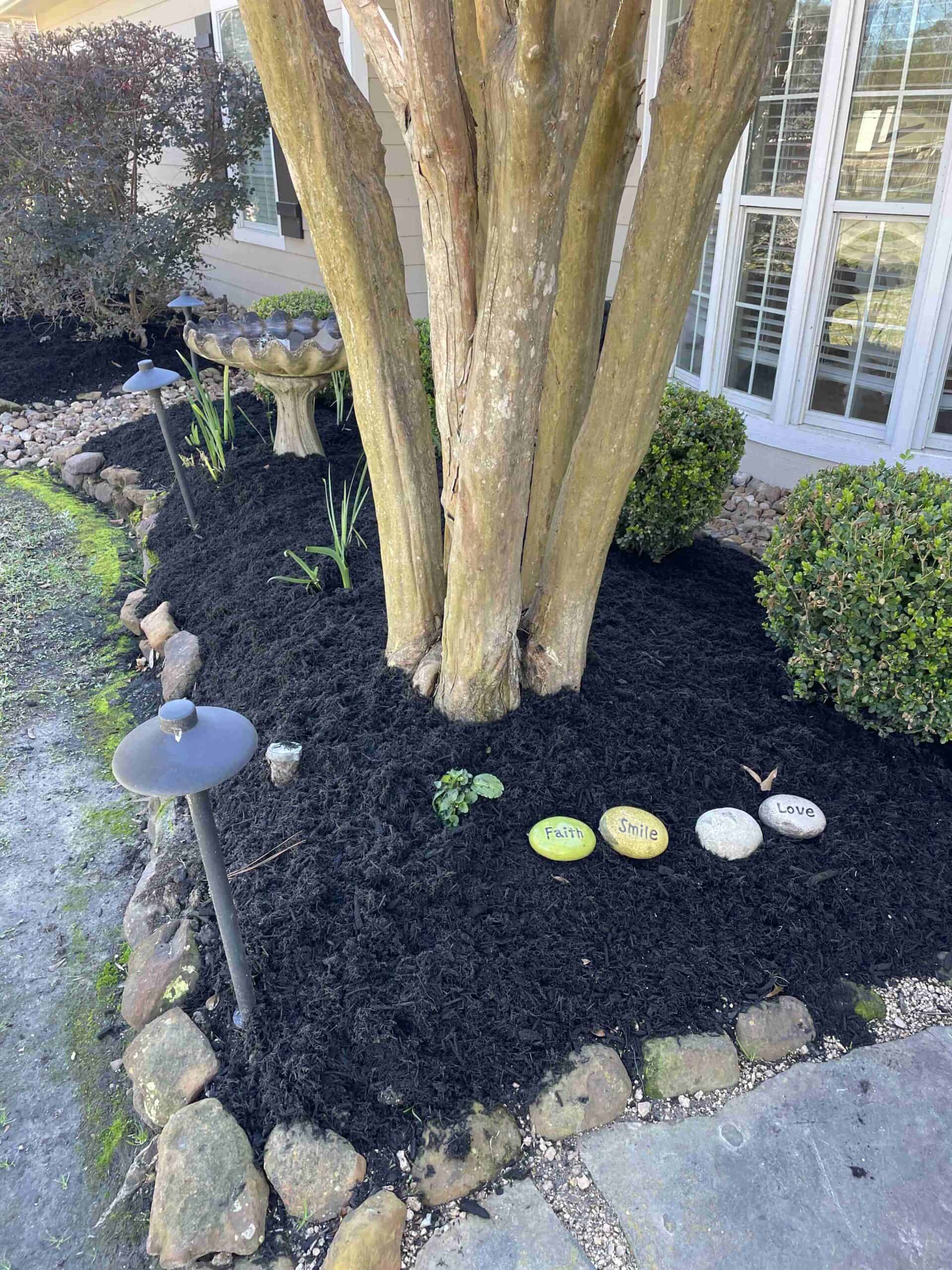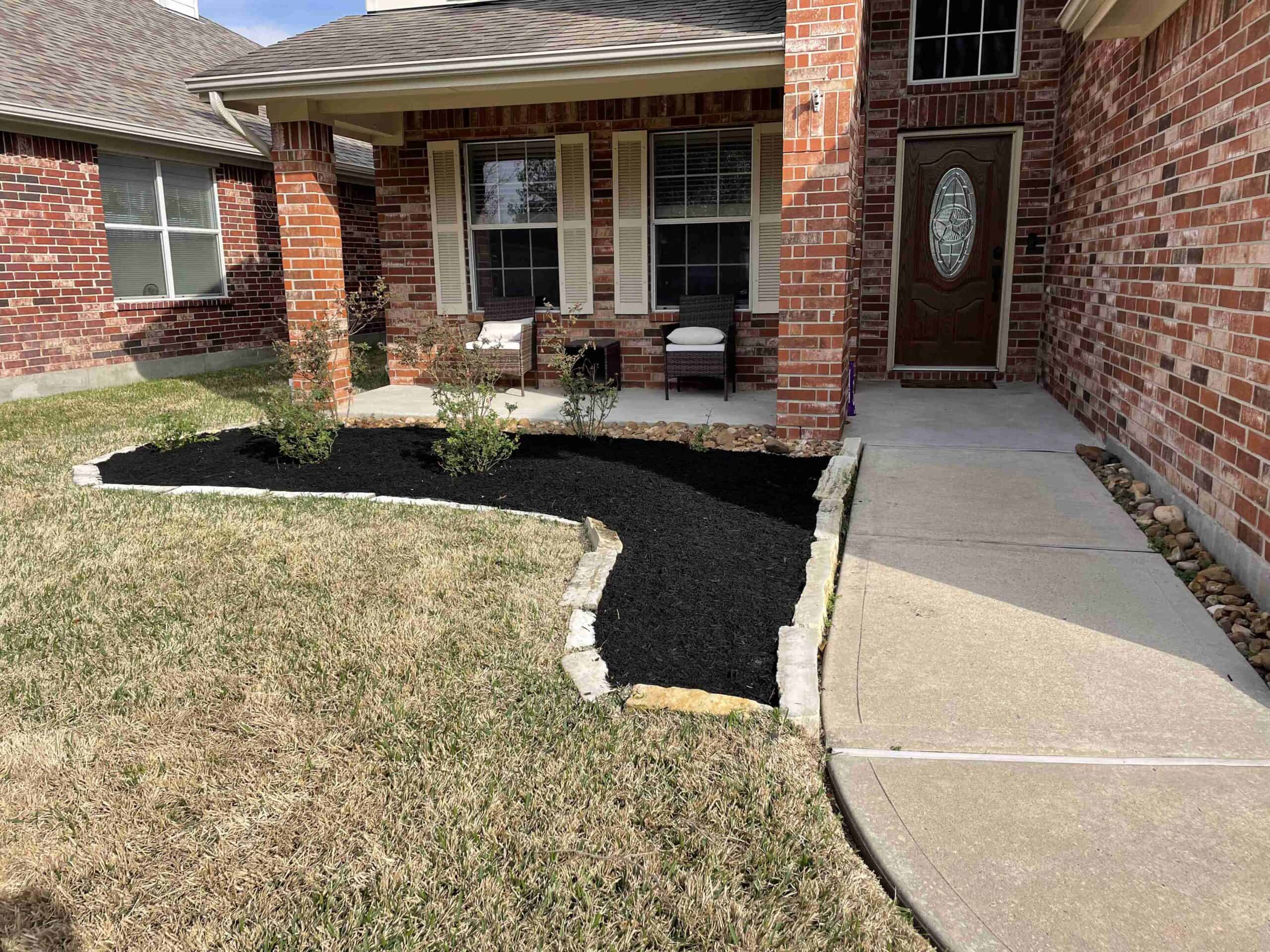Compost Versus Mulch: The Primary Differences
Gardening enthusiasts often encounter two essential materials: compost and mulch. Both play crucial roles in maintaining a healthy garden, but they serve different purposes and offer unique benefits. Understanding these differences can help you enhance your garden's health and productivity.

What Is Mulch?
Mulch is a material spread on the soil surface in gardens and landscapes to conserve moisture, suppress weeds, regulate soil temperature, and improve aesthetics. There are two main types:Organic Mulch
Includes natural materials like wood chips, straw, and leaves that decompose over time, enriching the soil with nutrients.Inorganic Mulch
Includes materials like gravel and landscape fabric that don't decompose but provide long-term weed control and protection. Mulch benefits include:- Retains soil moisture by reducing evaporation
- Suppresses weed growth by blocking sunlight
- Insulates plant roots from temperature extremes
- Improves soil structure as organic varieties decompose
How Compost Differs From Mulch
While both are valuable, compost and mulch serve distinct purposes:- Compost is decomposed organic matter that enriches soil when mixed in
- Mulch protects soil when applied on the surface
- Compost feeds plants with nutrients
- Mulch conserves moisture and regulates temperature

Choosing the Right Material
Select based on your garden's needs and lawn conditions:When to Use Compost
- Best for vegetable gardens and flower beds
- Apply in spring or fall by mixing into soil
- Ideal when soil needs nutrient enrichment
When to Use Mulch
- Best for landscaping around trees and shrubs
- Can be applied any season
- Optimal for weed control and moisture retention
 (832)-552-7315
(832)-552-7315 INFO@CUT-N-EDGE.COM
INFO@CUT-N-EDGE.COM